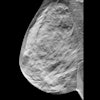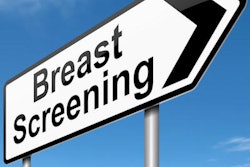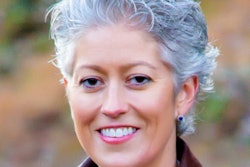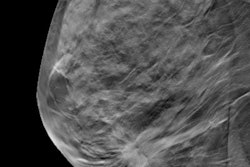Dear AuntMinnie Member,
It wouldn't be a typical year in radiology without at least one controversy over breast screening. Fortunately, we're checking off that box early, thanks to the publication this week of a new paper on mammography by the Nordic Cochrane Centre in Denmark.
If that name sounds familiar, it's because researchers from the Nordic Cochrane Centre have been the source of a host of papers over the past 17 years slamming breast screening for what they claim to be a variety of shortcomings. Chief among their concerns is overdiagnosis, or the detection of findings that would never pose a health risk to a woman during her lifetime.
In the new paper, a Cochrane group that includes longtime mammography bête noire Dr. Peter Gøtzsche claims that its analysis of data from Danish screening programs indicates that overdiagnosis is as high as 48% for invasive cancers and ductal carcinoma in situ (DCIS) together, and 39% for invasive cancers alone. The researchers also claimed that breast screening hasn't reduced the incidence of advanced cancers in Denmark.
Proponents of mammography are already picking apart the new study. Dr. Daniel Kopans of Massachusetts General Hospital believes the paper suffers from serious methodological flaws, while another commenter described the paper as "cherry-picking" data from a nonrandomized study.
Overdiagnosis is a serious issue to consider in breast screening, with more sober mammography experts believing that breast screening has an overdiagnosis rate of 1% to 10%, mostly from the detection of DCIS. But papers such as the new Cochrane one do little to inform the debate and, in fact, just end up confusing women, especially when studies are reported without an acknowledgment of the past history of the authors and their rather transparent agenda against mammography. Read our coverage of the study by clicking here.
While you're in our Women's Imaging Community, be sure to read this article on how the Affordable Care Act (ACA) led to higher rates of mammography screening in the U.S. by eliminating out-of-pocket costs. The question is, what will happen to screening rates assuming the Republican Party successfully repeals the ACA?
How good do radiologists have it?
For the past few years, it seems like life has been rough for radiologists, what with reimbursement cuts, rising workloads, and the looming threat of artificial intelligence. But a new workforce survey by CNN taps radiologists as among those having the best jobs in the U.S.
"Radiologist" landed at No. 45 on a list of top 100 careers posted last week by the news organization. CNN gave the career high marks for personal satisfaction, benefit to society, and prospect for telecommuting; ranking just slightly lower was the job's stress level.
Do you agree or disagree with CNN's assessment? Read the article by clicking here, and then join the lively discussion in our Forums.
PET/CT vs. PET/MRI
Finally, be sure to visit our Molecular Imaging Community, where we're highlighting a new article that compares PET/CT with PET/MRI for detecting head and neck cancer. Read the story by clicking here, or visit the community at molecular.auntminnie.com.



















